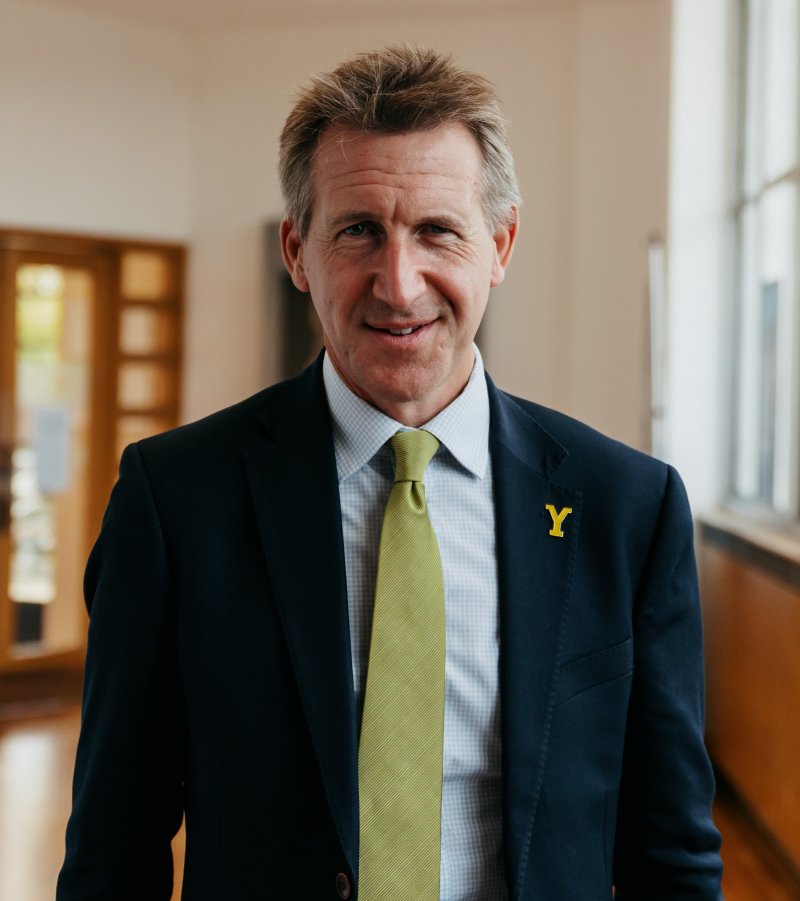INVESTIGATIONS into inaccurate breast cancer screenings at Barnsley Hospital meant nine women have had to be recalled for further consultation, the Chronicle can reveal.
Each of the nine cases are now being ‘thoroughly investigated’ by the hospital’s patient safety team.
The patients have been invited back for further screenings, with a spokesperson saying most had now attended rebooked appointments throughout February.
“These precautionary measures relate to a single screening cohort and all the cases have been reviewed externally,” they added.
“The breast team has spoken to the women individually and offered support, advice and any necessary treatment.”
In December, the Chronicle was told cancer experts at the hospital have put a backlog of patients not being seen within the two-week benchmark - figures of which are at their lowest in more than two years - down to former Girls Aloud member Sarah Harding who died from breast cancer in September.
It’s believed the 39-year-old’s death directly contributed to a rise in numbers of women seeking support or reassurance through a screening.
NHS figures show that the following month, 97 patients were seen by consultants for breast symptoms when cancer was not initially suspected - 63 of which, or 64.9 per cent, were within two weeks of their referral.
That’s the lowest proportion since July 2019, when 58.6 per cent of 133 people were seen within the two-week target.
In December, 71 of 107 patients - 66.4 per cent - were seen within two weeks.
“We are sorry for any inconvenience to these patients and want to reassure people that the hospital’s breast unit is and has been continuing to provide a service throughout the pandemic,” added the spokesperson.
“We also want to emphasise how important it is to see your GP as soon as possible if you notice any unusual changes in your breasts.”
NHS standards are that 93 per cent of referrals make it to the first consultant appointment within a fortnight.
However, 98 per cent of patients using the service were given a diagnosis or the all-clear within 28 days of referral - dubbed the ‘faster diagnosis’ standard.
The target is that at least 75 per cent of people referred get a timely and early diagnosis, and is a new standard aimed at reducing anxiety among patients and improving consistency of care.
In 2019/20, all patients also had their planned treatment within 31 days of diagnosis.
The rate of suspected cancer cases of all types seen by a consultant within two weeks of GPs’ referrals has met the 93 per cent target 16 times since November 2019, and as of December was 91 per cent of 921 patients.



























